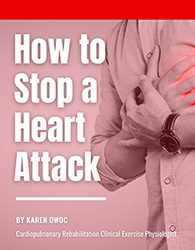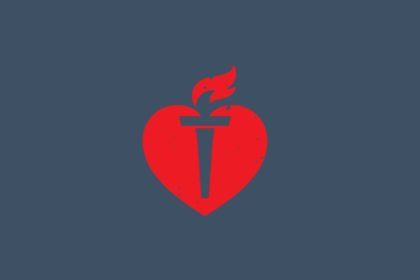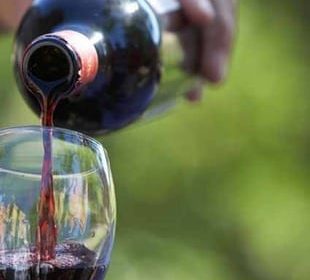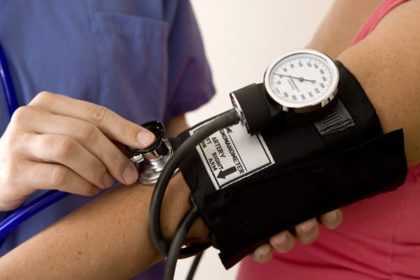Research shows Americans have one-third more fatal heart attacks during the holiday season than any other time of the year. Here are some lifesaving tips to help prevent what’s known as the “Christmas Coronary” and “Happy New Year Heart Attack” phenomenon.
The Holiday Heart Attack Facts
Studies have confirmed the higher-than-normal rates of cardiac events during the holidays. The top three days for deaths from heart attacks in the U.S. are:
- Highest: December 25 (Christmas Day)
- 2nd highest: December 26 (day after Christmas)
- 3rd highest: January 1 (New Year’s Day)
NOTE: If you’ve had a previous heart attack or have a heart condition (e.g., high blood pressure or irregular heart rhythms), your heart attack risk is higher than those who do not have a cardiac history.
Do’s and Dont’s Behind Holiday Heart Attacks
Based on contributing factors associated with heart attacks during this time of year (per the American Heart Association and the American College of Cardiology), here are some tips to minimize your risk of a holiday heart attack.
1. DO reduce stress. Emotional and physical stress can spike levels of cortisol (the stress hormone), which increases heart rate, vascular tone, and platelet ‘stickiness’. People with high cortisol levels are five times more likely to die of a heart attack, stroke, or other cardiovascular event.
2. DON’T skip medication. It’s easy to forgot to get your medications refilled, take them when you’re caught up in the whirlwind of the holidays, or pack them when traveling away from home.
3. DO avoid cold temperatures. Winter weather can be hard on the heart. Fifty-three percent more heart attacks occur in the winter. Cold weather constricts blood vessels, which increases blood pressure and decreases oxygen to the heart. especially the heart. Cold temperatures cause arteries to tighten, which can restrict blood flow and reduce oxygen to the heart. If you’re out in the cold, wear layers.
4. DON’T shovel. Snow and dirt are heavy, and moving it requires a high degree of physical exertion. Shoveling is another heart stressor and can be a high-risk activity, especially during the holidays.
5. DON’T overeat, over-drink, and over-salt. The holidays are nearly synonymous with indulgence. Too much drinking, too much sugar, fat, and salt can make your heart pump harder to circulate blood and increase the risk for heart attack and stroke. A heavy meal can trigger a heart attack within 26 hours. Heart attack risk jumped four times in the two hours after a large meal, known as the “two-hour hazard period”.
6. DO listen to your body and get prompt medical care. Many people dismiss the signs and symptoms of a heart attack during the holidays. They may be running so many errands or don’t want to disrupt the festivities.
7. DO get a flu shot. – A recent study has found getting a flu shot can help reduce the risk of a heart attack, stroke and cardiac death by fifty percent. Heart attacks are six times more likely to occur seven days after a flu diagnosis. Risk increases slightly if you’re over 65.
8. Don’t get too close to the fireplace. Studies have found the fine particles from the smoke can go deep into the lungs and increase the risk for heart attack and stroke.
 9. DO carry non-coated aspirin for heart attack first aid. At the first symptoms of a heart attack, call 911! Be sure you know how to prevent irreversible heart damage if you survive the attack.
9. DO carry non-coated aspirin for heart attack first aid. At the first symptoms of a heart attack, call 911! Be sure you know how to prevent irreversible heart damage if you survive the attack.
Get your FREE lifesaving guide, “How to Stop a Heart Attack” as a new subscriber to this blog. SUBSCRIBE HERE. If you’re already a subscriber and need a guide, email me for your free digital copy. (Type “Heart Attack Guide” in the subject line.)
Karen’s Fit Tip: Don’t deviate too far from your normal habits during the holidays. Listen to your body, and don’t hesitate to call your doctor or 911 when you feel something is wrong.






